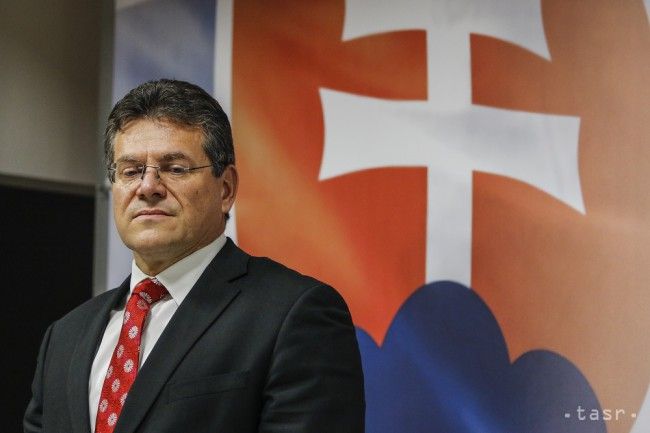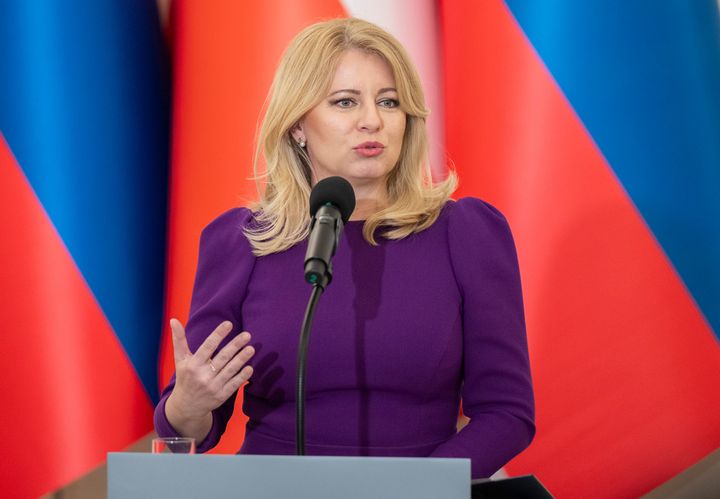Sefcovic Presents New Space Strategy for Europe

Brussels/Bratislava, October 26 (TASR-correspondent) – The European Commission (EC) considers space policies to be a strategic sector of the EU’s economic development, said EC Vice-president for Energy Union Maros Sefcovic on Wednesday when presenting a Space Strategy for Europe.
Sefcovic, who is also responsible for coordinating EU space policies, presented the strategy along with European Commissioner for Internal Market, Industry, Entrepreneurship and SMEs (small and medium-sized enterprises) Elzbieta Bienkowska, who in turn signed a deal on cooperation with the European Space Agency (ESA) on the premises of the Space Expo in Brussels.
The Slovak European commissioner noted that the European space industry produces one third of all satellites in the world and employs more than 200,000 people, with the industry’s value hovering between €40-60 billion. Europe currently generates over 20 percent of the profits of the global space industry.
“It was important to define strategic points for future periods. The new thing is that we cooperated with ESA and all actors in this area when we were developing this strategy,” explained Sefcovic. The joint EU-ESA declaration is the first ever document of its kind that ushers in common visions and goals for Europe in exploring space, noted Sefcovic.
EU space programmes already offer services for millions of people in Europe and beyond; for instance, in the form of navigation systems or protecting critical infrastructure. They also provide useful data concerning natural disasters and rescuing people at sea, help farmers to plan their activities and are a tool for observing climate change.
Sefcovic explained that the new space strategy consists of four basic parts – maximising space policies for society and the EU economy, including the more effective use of data and services from the EU’s Copernicus, Egnos and Galileo space programmes; focusing on the competitiveness of the European space sector; providing autonomous access for the EU to space and eliminating its dependency on the services of suppliers outside of Europe; and supporting global cooperation in terms of space exploration, for instance, with the USA, China or South Africa.
Sefcovic pointed out that the new space strategy can’t avoid discussions concerning its financial framework. The EU has reserved €12 billion for this sphere until 2020, the second largest space budget after the USA’s.



